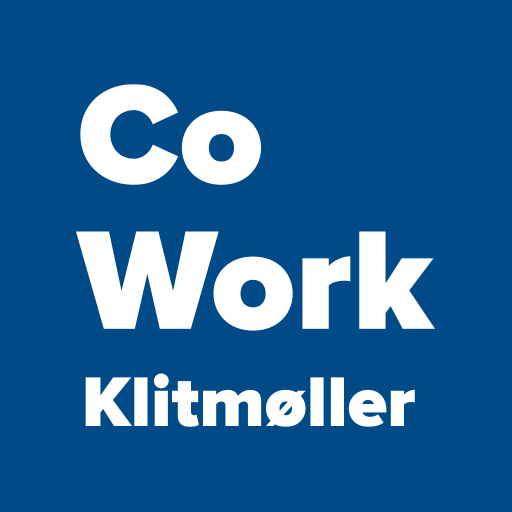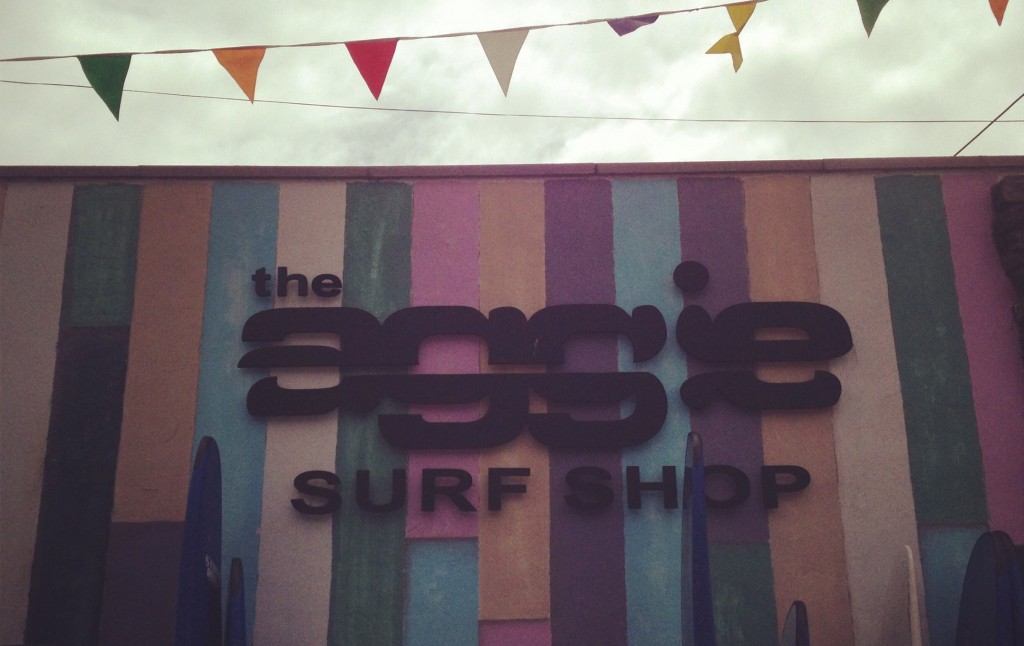Coworking has been a well-known phenomenon in Cornwall for almost three decades. Creatives, IT-workers and self-employed went to places like The Digital Peninsula Network (http://www.digitalpeninsula.org) to be able to work with a proper wifi before any private household wifi could do anything. Today every nook and cranny of the county Cornwall has got the superfast broadband and when it is installed in the Cornish cities also, Cornwall will - according to http://www.gradcornwall.co.uk/living-working-cornwall - “be one of the best and fastest connected places on earth, offering businesses a clear, competitive advantage”.
After the awesome output from especially the visit to Portuguese Óbidos, I was afraid to get my hopes up too high before taking off to the British south-west peninsula Cornwall. Luckily, I chose to buy a ticket for my own personal chauffeur (and boyfriend), so at least I would not have to worry about many hours of driving whilst chasing the good cases.
We landed in Bristol on a cloudy Saturday morning, thinking that we had a hole day of research in front of us. Apparently, we knew nothing about the British highway queues! Arriving in St. Ives six hours later, we only had the energy for a stroll, a chit-chat with the lifeguard on duty and a veggie burger at the local café (though it should not go unnoticed that this was the best beach burger I had in my life).
Waking up at dawn the following morning, we went for a long walk & talk in St. Ives (that quickly became St. Paradis in my vocabulary). A large percent of the the seaside town’s income is based on being a popular holiday resort, and faced with the scenery of the place you get a clear picture of why this place is preferred by so many British tourists. Unfortunately, the main surf beach of St. Ives, Porthmeor Beach, was empty and the Atlantic Ocean flat. In our quest for the surf spirit of Cornwall we headed North towards the very long surf beach Gwithian. Here the crowds were going in the water, though, even for a surfer coming from Denmark, the conditions looked ridiculously shitty. So we went back into the car and made our way up to Portreath, where the surf historian geek inside me had the satisfaction of visiting the Portreath Surf Life Saving Club (http://www.portreathslsc.co.uk). Inspired by the Australian and South African models, the British Surf Lifesaving Clubs were the starting points for many committed and progressive young surfers of the late 1950s and the 60s. Out of the love for the ocean and the meeting with visiting lifeguards (and surfers) from Australia and South Africa grew a passionate community of surfers and by 1964 the new social groups of British surfers had adapted the surfie lifestyle of the Californian surf culture and became an important asset in the tourist industry’s branding of coastal Britain. The story is repeated in many different locations and shifting decades throughout the world, but especially the Australian and British popular surf scene is still closely intertwined with the Surf Life Saving Clubs and the voluntary work they perform to educate, train, encourage and support the local communities of watermen (or waterkids).
The patrolling life guard at Portreath beach told us to go further North searching for waves, so we continued towards Chapels Porth after a stop over in Aggies Surfshop (http://www.aggiesurfshop.com), where we had to rescue ourselves (or rather our personal capital) from the temptation to buy some of Aggies beautiful boards (among these I fell in love with an original second hand Cord longboard). At Chapels Porth rain was falling, current was strong, tide was low and waves were breaking in a messy mess, but people were still hanging out on the beach and eating their picnic with surf boards set as tables.
No surf, we thought, and decided to try to get to Fistral Beach for the Boardmasters final and maybe even the chance to hear Ben Howard play at the festival (http://www.boardmasters.co.uk). To put it in few words: No Fistral for us, no Ben Howard this time. The hole Newquay area was one big traffic jam and there was no parking space to be found anywhere near the fistral festival area. We had to settle with the downtown tourist track and some browsing in surf shops (with views).
Heading back to our hotel we decided to try Gwithian again, and since I am no longer allowed to surf (that is my perception of it, of course, I do not have to mention I would probably give birth to a flat baby if I continue lying on my stomach on a board), I was forced to try the Sunset Café while Claus went into the ridiculously shitty waves. Nevertheless, I had some quality time observing the Sunday living life of the vacationing British surfer families, interrogate the far to busy café people and hang out with a very lifelike poster of Kelly Slater. By the end of the day, I did not feel like neither a researcher, a surfer nor a tourist. I just felt lucky.











